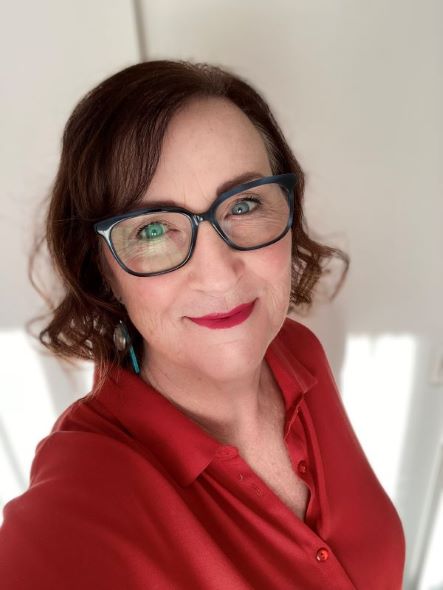
We are here for you.
You’ve decided to reach out for help, but who do you contact? It can be confusing, particularly with the regularity that these terms are interchanged, even by the professionals themselves.
Here in Aotearoa, counselling is a commonly used term that goes hand in hand with mental health treatment. Most counsellors hold university diplomas, bachelor’s degrees, or master’s degrees in counselling. If someone has completed one of these forms of training, you can reasonably expect to receive a professional and competent service from them. When researching options, I would recommend asking what professional association the counsellor is registered with. This registration ensures the counsellor meets minimum training requirements and practices according to the association’s code of ethics.
I myself am registered with the New Zealand Drug and Alcohol Practitioners Association of Aotearoa New Zealand (DAPAANZ). Established in 2002, DAPAANZ represents the professional interests of Aotearoa’s addiction workforce. They ensure our (NZ's) addiction workforce follows stringent ethical practices; they manage practitioner endorsement and registration and ensure practitioners undertake continuing appropriate professional development.
Another key professional association in Aotearoa is The New Zealand Association of Counsellors (NZAC). Also known as Counselling Aotearoa (CA), the New Zealand Association of Counsellors / Te Roopu Kaiwhiriwhiri o Aotearoa is a professional membership body that represents the majority of counsellors in New Zealand. They have around 3,000 members and offer a registration process for counsellors who meet their rigorous training, qualification and professional development standards. They describe counselling, therapy and psychotherapy as “talking therapies”, and say they are all very similar in this regard.

During talk therapy, you are able to discuss your concerns, goals, and challenges with a professional who holds no biases or judgments. After a series of sessions, you will be able to identify, and eventually change, the unwanted or distressing emotional or behavioural symptoms that prompted you to seek help.
In Aotearoa, anyone calling themselves a psychotherapist must be registered with the Psychotherapists Board of Aotearoa New Zealand (PBANZ.) PBANZ registration has requirements regarding training, ethics, and regular professional supervision. Psychotherapists have had a range of training, which is typically equivalent to a university Masters or Doctorate degree in terms of intensity and time spent.
Generally speaking, counselling focuses on treating these unwanted or distressing emotional or behavioural symptoms. The aim of counselling is to ease your emotional distress and support your move to a state of well-being. Psychotherapy and counselling both aim to ease your emotional distress, and both will help you learn more effective ways of managing the problem or problems should the same thing occur in the future.
The difference, however, is that whilst attending to your immediate symptoms, psychotherapy will also focus on the underlying aspects of your character structure that could potentially be contributing to the problem/s you are experiencing. Most mental health professionals tend to use a blend of approaches depending on the needs of the individual.
Psychotherapy helps you to understand yourself by exploring how your early life experiences and personality affect your current thoughts, feelings, relationships and behaviours. Counselling can also include these aspects, but it will focus on your difficulties and concerns and help you develop more satisfying and resourceful ways of living.
Lucid Psychotherapy & Counselling share on their blog that psychotherapy often means working long-term and more in-depth than counselling. The length of treatment usually depends on the modalities that the psychotherapist is working with. Some common psychotherapy modalities include Gestalt Therapy, Psychodrama, Transactional Analysis, Jungian Therapy, and Object Relations. You can research these online, but it can be quite complicated to understand. Unless you know what you're looking for, you may find it easier to ask someone for a recommendation, or just meet with someone to try out one session.
Till next time
Julie


We are here for you.